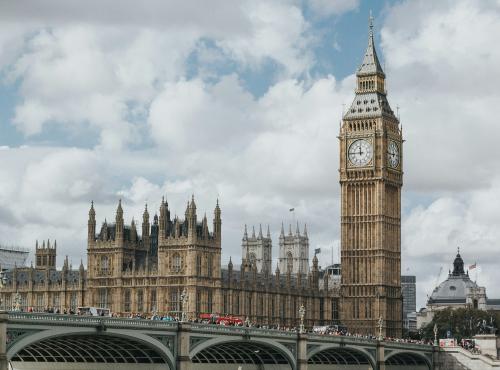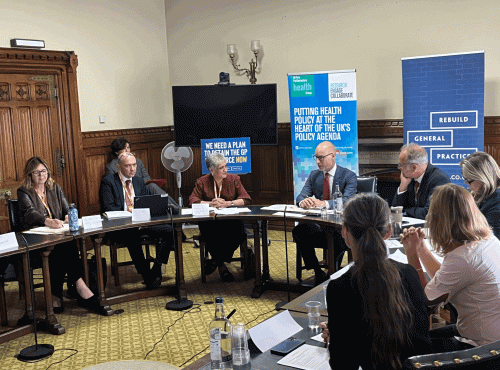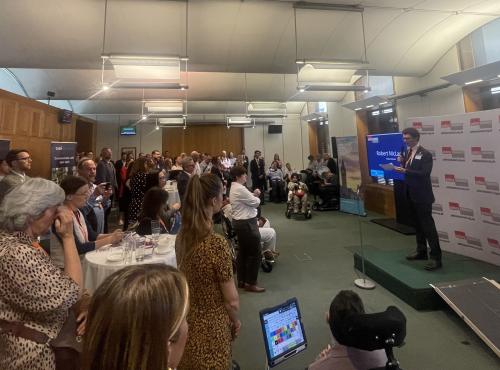Air Quality: A Manifesto & Member Update
Air Quality: A Policy Update
The government finally published its long awaited draft air quality plan earlier this month, on the orders of the high court. The publication began a consultation process that will run until 15 June, with Defra aiming for publication of the final plan by 31 July.
The plan itself has elicited a decidedly mixed response. Among the contents of the plan to have received the most coverage are proposals for clean air zones and a scrappage scheme to support the phase out of older, more polluting vehicles.
In the Manifestos
Coming two weeks before the release of party manifestos for the General Election, the release of the government’s draft plans provided an opportunity for the parties to put forth their own plans for tackling the dangerous state of air quality in the UK. On review, the Conservative, Labour, Liberal Democrat and the Green Party manifestos all make clear reference to either legislation or plans for tackling air quality, though with varying degrees of detail. That the parties have all included reference to the need to tackle air quality in the country is testament to the growing significance of this issue and recognition of the urgency for greater action from our policy makers.
Formal responses from our members
We know a number of our members are working on formal responses to the plan and look forward to reviewing them as they are published, among them the Grantham Institute at Imperial College London, who had the following to say:
"The new government draft revised UK Air Quality Plan for tackling nitrogen dioxide is an important document, attempting to find effective policy solutions to the challenge of poor air quality, particularly in several of the UK’s most populous cities. Several of Imperial’s experts will be getting together in the coming weeks to consider the plan and send in our opinions about whether the policies proposed, which have a large focus on local-level action, are likely to be effective in creating a healthy environment for the UK population."
Similarly, the Low Carbon Vehicle Partnership is also ‘preparing a response to the air quality consultation over the coming weeks and will be working to ensure that plans to tackle the vital and urgent problem of air pollution complement measures to deal with the longer-term challenge of delivering lower carbon vehicles to limit climate change.’
Additionally, the recent furore has also shone a light on the increasing prominence of public health in the discourse on climate change. Experts and policy makers are increasingly viewing the two as intrinsically linked. To this end, Policy Connect's health and sustainability specialists have been focusing on some work around the introduction of the Toxicity Charge in Central London this coming November. More news to follow.



